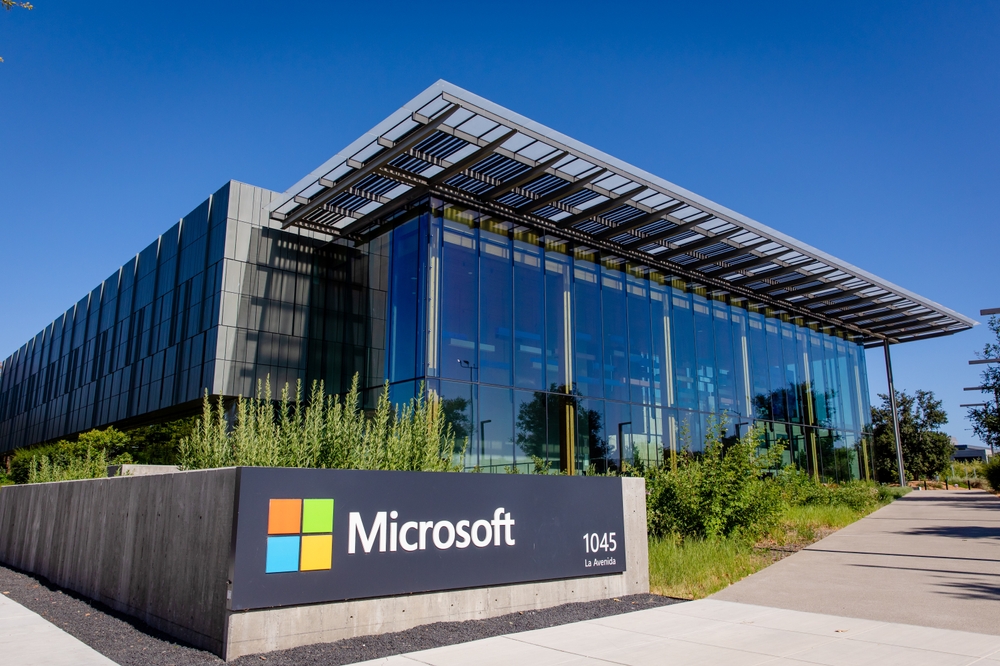As Microsoft prepares for its quarterly earnings report this month investors are focusing on the company’s finance leases. This financial tool allows Microsoft to spread asset acquisition costs over years rather than making large upfront payments. The approach is crucial as the tech giant invests in data centers to support growing artificial intelligence workloads.
Microsoft’s recent annual report revealed a surge in finance leases yet to commence reaching $108.4 billion. This figure is $20.6 billion higher than the previous quarter and nearly $100 billion more than two years ago. These leases set to begin between fiscal years 2025 and 2030 could extend up to 20 years indicating long-term infrastructure commitment.
In the latest quarter Microsoft reported capital expenditures of $19 billion up from $14 billion in the previous quarter and matching the total spent in fiscal year 2020. Former Microsoft manager Charles Fitzgerald called this growth an “insane ramp” highlighting rapid tech sector investment.
Investors await further insights into Microsoft’s lease finances in the upcoming fiscal first-quarter results. Over two years Microsoft and other tech leaders have increased capital expenditures to enhance AI performance.
Microsoft recently confirmed involvement in a fund for developing data centers and energy infrastructure mainly in the U.S. The company also signed a 20-year power purchase agreement to restart a reactor at Pennsylvania’s Three Mile Island plant showing commitment to sustainable energy.
While increased costs in the June quarter were expected the finance lease figure surprised some analysts. Rishi Jaluria from RBC Capital Markets expressed surprise at the extent of capital leases exceeding his expectations.
Microsoft emphasized that building data centers from scratch yields best performance and cost efficiency. However finance leases provide quicker solutions when immediate capacity is needed. This urgency intensified since OpenAI’s ChatGPT launch in late 2022 as Microsoft supplies computing power for AI services.
As AI service demand grows Microsoft has partnered with additional cloud providers including CoreWeave and Oracle. UBS analysts noted these collaborations likely fall under Microsoft’s finance leases though the company hasn’t clarified how partnerships reflect in financial statements.
Jaluria pointed out that investors often overlook capital lease backlogs as Microsoft doesn’t specify lease start dates or durations. This lack of transparency challenges investors in gauging immediate financial commitment impacts.
During earnings calls CEO Satya Nadella typically defers financial questions to CFO Amy Hood. However he recently addressed the strategy behind cloud provider partnerships likening them to previous leases. Nadella stated purchasing from Oracle might be more efficient due to shorter lease terms.
As Microsoft navigates surging capital expenditures and finance leases analysts like Jaluria suggest investors must accept potential profitability impacts. He noted margins are naturally decreasing as costs precede benefits but considers this acceptable. This reflects the reality that infrastructure investments essential for future growth may temporarily affect the company’s bottom line.
Microsoft’s aggressive investment in finance leases and capital expenditures underscores its commitment to leading the AI revolution. As the company prepares for its upcoming earnings report stakeholders will closely monitor how these financial decisions shape future performance.
The tech industry watches Microsoft’s moves closely as they often signal broader market trends. The company’s substantial investments in AI infrastructure suggest a long-term bet on the technology’s transformative potential across various sectors.
Microsoft’s strategy also raises questions about the environmental impact of large-scale data centers. While the company has made commitments to sustainability including the nuclear power agreement the energy demands of AI computing remain a concern for environmentalists.
As the AI race intensifies competition among tech giants for computing resources and talent is likely to escalate. Microsoft’s financial maneuvers may set precedents for how large companies finance and account for massive infrastructure investments in the AI era.



